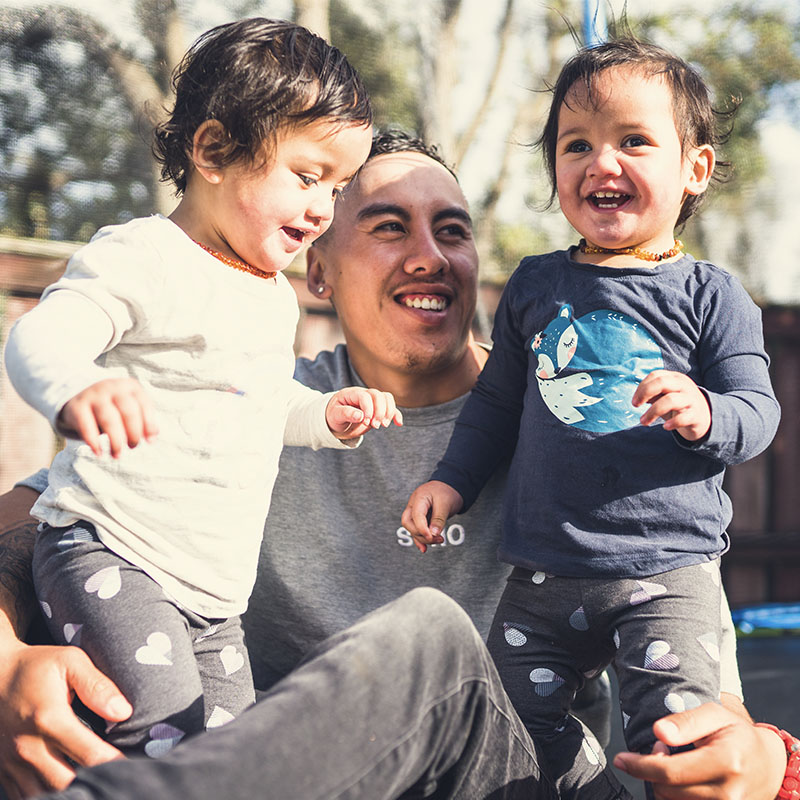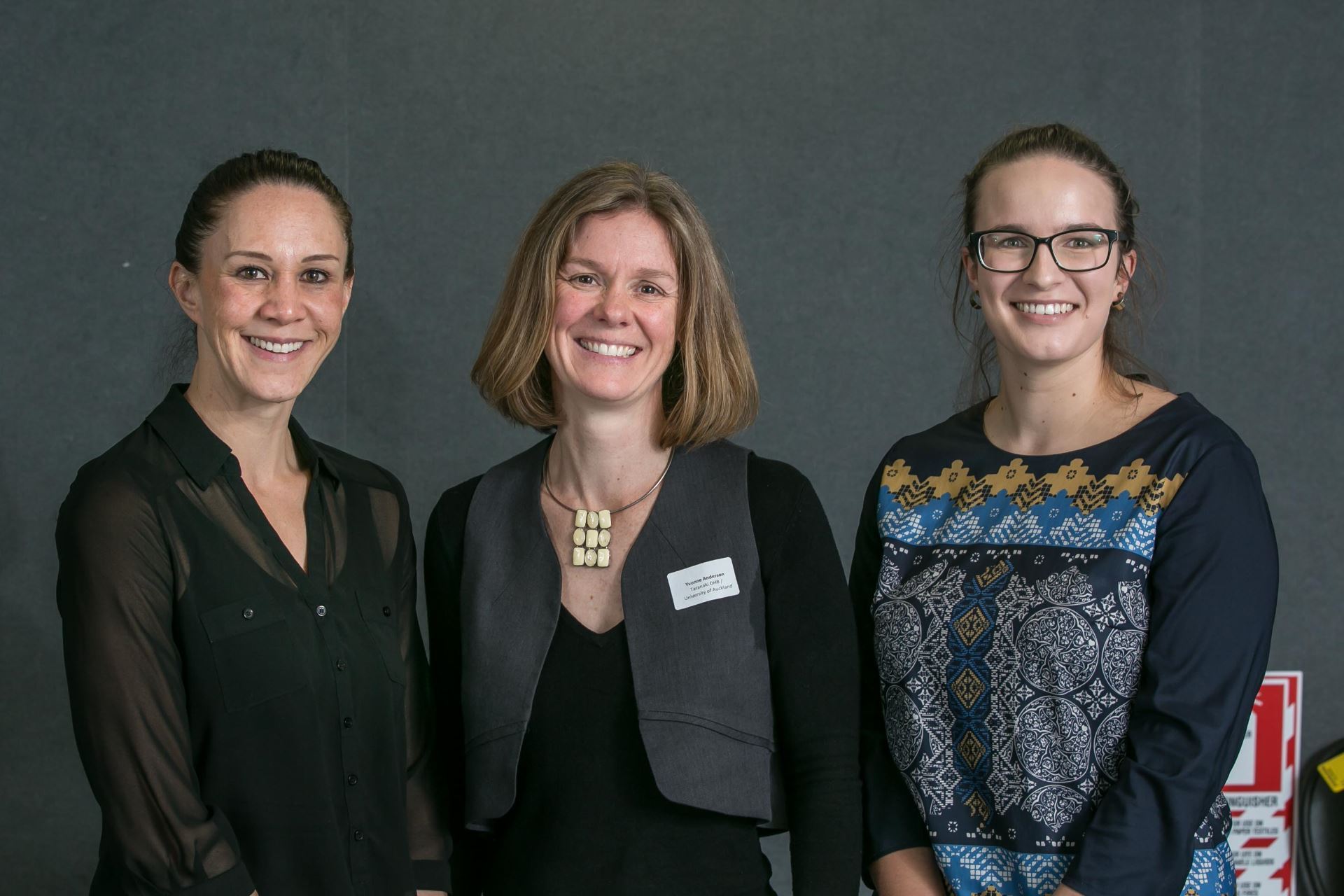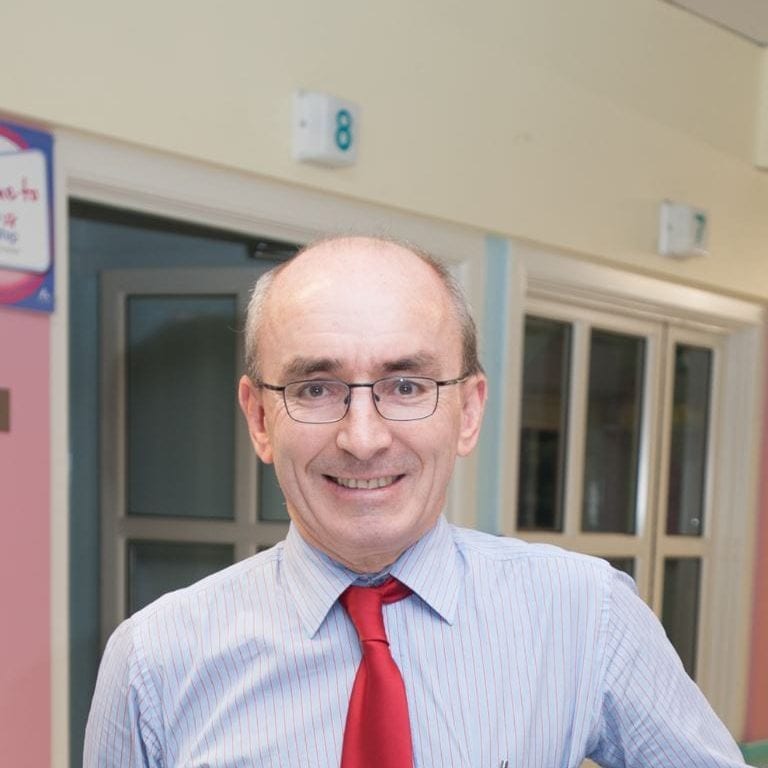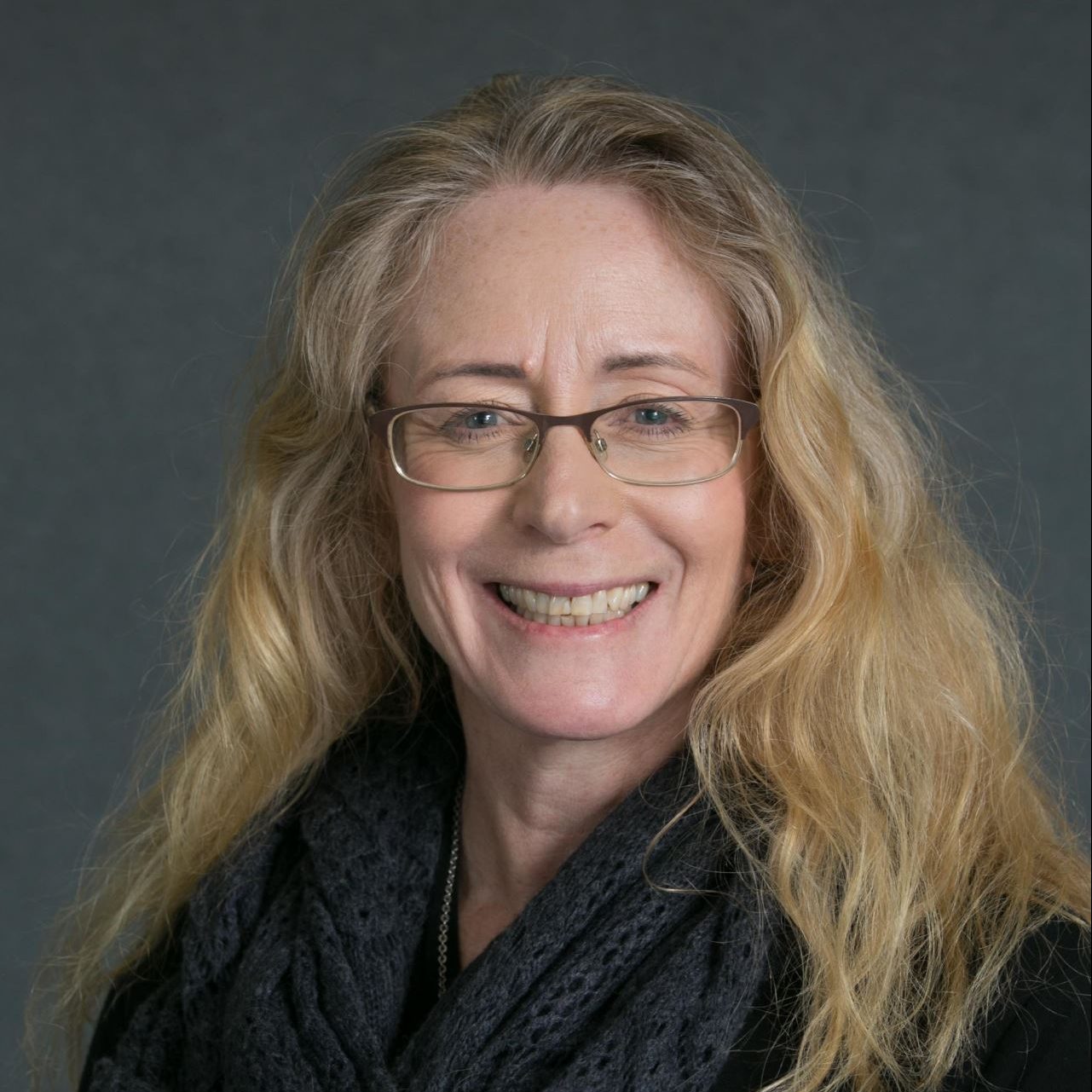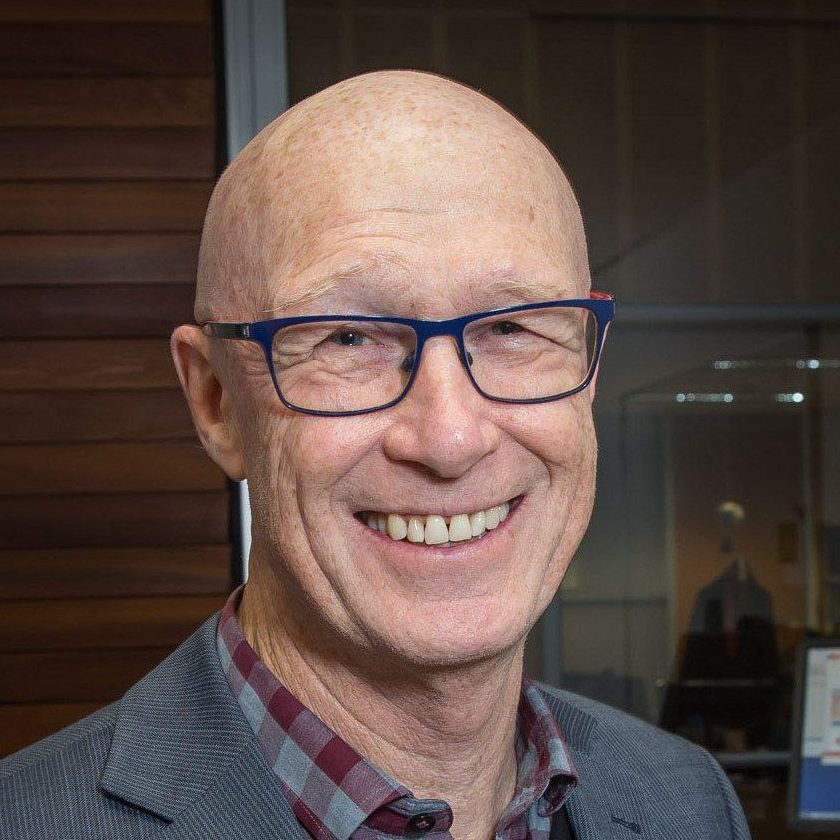Healthy Weight
Not having a healthy weight is the most important factor leading to the burden of disease as an adult. With one in three New Zealand children overweight or obese, the earlier we intervene and ensure children have a healthy weight, the better their long-term health and wellbeing.
Our approach:
- Investigates the prevalence of obesity.
- Develops an obesity prediction model.
- Investigates how a prediction model might be accepted and acted upon by diverse New Zealand communities, with a focus on Māori and Pacific families and children.
What we are doing
- With the Big Data group, a paper has been published showing an across the board decline in obesity in New Zealand 4-year-olds.
- Data from more than 18 focus groups, with an emphasis on Māori and Pacific communities, will investigate the views of parents and grandparents on what comprises a healthy and an unhealthy weight in children. Most parents (>80%) of overweight and obese children do not see their child’s weight as a health issue.
- A clinical trial is underway to investigate whether encapsulated gut microbiome from healthy lean ‘super donors’ can effectively treat severe adolescent obesity.
Team Snapshot
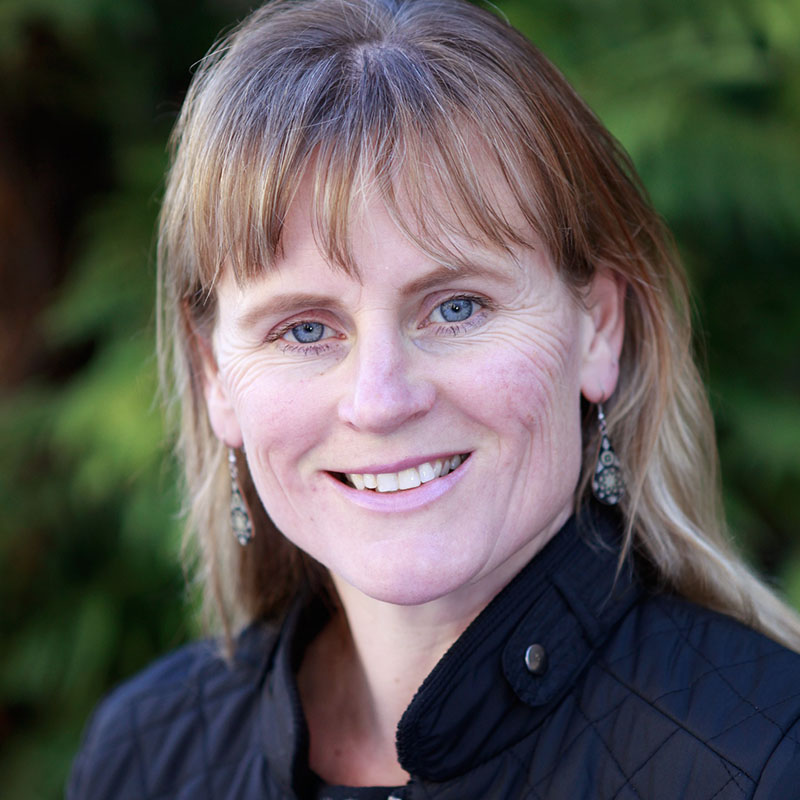
Professor Rachael Taylor
Karitane Fellow in Early Childhood Obesity, Otago University
Professor Rachael Taylor leads the Healthy Weight theme for A Better Start. Her areas of interest include determining how body weight is affected by sleep, diet and physical activity, particularly in childhood. Her current research includes work focused on sleep, feeding and infants, play, and prevention of overweight in infants.
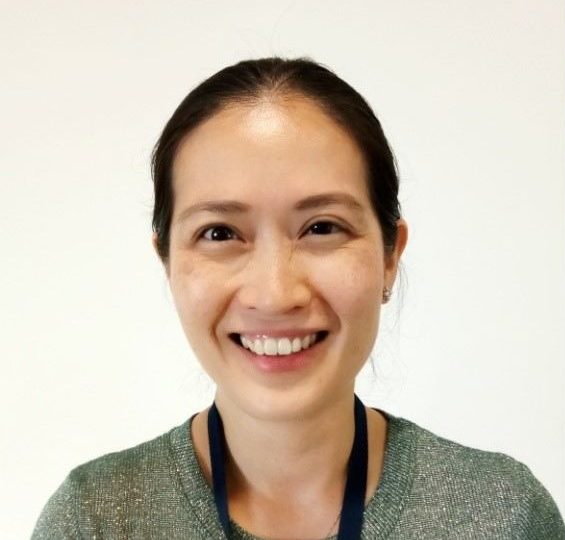
Dr Karen Leong
Dr Leong is a paediatrician from Malaysia and has recently completed her fellowship in Paediatric Endocrinology. She is enrolled as a PhD student in Biomedical Science at the Liggins Institute and is working as a clinical research fellow under the supervision of Professor Wayne Cutfield. She is currently studying the association between the usage of antibiotics in mothers during pregnancy, and in children in early life, on the development of obesity in later childhood. She is also part of the ‘Gut Bugs Trial’, a clinical study involving assessments and treatment of obese adolescents with gut bacteria and examining the effects of this treatment on their weight and metabolism.
News
Proposed ban on sugary drinks welcomed
A Better Start National Science Challenge has welcomed a Government proposal to ban fizzy and sugary drinks in primary schools. Under the new initiative, announced by Minister of Education Chris Hipkins yesterday, pupils will only be allowed to drink water, milk and...
EXPERT OPINION: Are free school lunches a good investment?
by Professor Boyd Swinburn, Professor of Population Nutrition and Global Health, School of Population Health, University of Auckland Stories of children going to school on empty stomachs with no lunches in their school bags hit us hard. There is a desperate unfairness...
A Better Start informs next steps for Well Child review
A Better Start E Tipu e Rea National Science Challenge has helped to inform the next steps for the country’s Well Child Tamariki Ora programme, which provides health and development screening for children from birth to five years. A major review, commissioned by the...
Cure Kids Joint Contestable Funding and Related Healthy Weight Research
- Cure Kids partnered with A Better Start National Science Challenge in 2017 to co-fund a joint contestable funding round.
- 10 projects were funded, from a total funding pool of $2.8M.
- The Healthy Weight Contestable Funding Projects and another Health Weight-related Project are profiled below.
Contestable Project - Whānau Pakiri: Understanding barriers to engagement, participation and retention in obesity intervention for children and adolsecents
Whānau Pakari is a multi-disciplinary intervention programme for children and adolescents with weight issues. This research is increasingly focused on working collaboratively to improve provision of healthcare services for Māori, and working to address health inequity. Interviews have confirmed that engagement with healthcare services is affected by location and traveling distance, nature and timing of work, socioeconomic circumstances, and transport access. Dr Yvonne Anderson and her team also found that wider system and societal factors have an impact on engagement with healthcare services, such as societal norms and attitudes towards body-weight, and the impact of past experiences of weight stigma. This research has informed development and delivery of other programmes to promote healthy lifestyles.
Principal investigator: Dr Yvonne Anderson, University of Auckland
Contestable Project - Growing Up in New Zealand and Australia: Translational modeling to inform an evidence-based childhood obesity intervention agenda
Professor Cameron Grant conducted a series of statistical modelling exercises to assess important aspects of obesity among New Zealand pre-schoolers. His aim was to identify high-impact, readily modifiable risk factors for childhood obesity with a view to informing future research and interventions. Results reveal that food insecurity, screen time, junk food, and reduced sleep duration in early life (up to age 2 years) are statistically associated with increased odds of obesity and/or being overweight at age 4 ½ years. This research suggests that future efforts to design interventions for obesity in children should focus on these exposures and begin in the first 1,000 days.
Principal investigator: Professor Cameron Grant, University of Auckland
Contestable Project - See how they grow: Developing and trialing an interactive Child Growth Chart for New Zealand children
Dr Gayl Humphrey has created an interactive smartphone application (app) for New Zealand families, to measure the growth of their children aged 0-24 months, and to facilitate better health literacy among parents, while encouraging greater engagement around monitoring their children’s eating, activity, sleeping, and related behaviours. Testing showed that the app was easy to use and had a positive impact on the health and wellbeing of children in the trial. Engaging with parents and care-givers early in their parenting journey, when their child is younger than 6-months of age, presents an ideal opportunity to support and develop their depth and breadth of knowledge around growth and monitoring. The app is well-positioned to provide further research to understand the impact of mobile health tools on reducing childhood obesity.
Principal investigator: Dr Gayl Humphrey, University of Auckland
Can Omega 3 supplements during pregnancy reduce child obesity?
Omega-3 oils given to obese pregnant rats reduces obesity in their offspring. The trial will recruit 160 pregnant women to investigate the impact of Omega-3 oils on child obesity.
Principal investigator: Ben Albert, Liggins Institute
Contestable Project - Obesity Prevention Using Systems Science in school children and adolescents (OPUSS-schools)
Four Papakura schools tested a series of systems-related approaches to food and physical activity. The first task involved working with school students to create systems maps of the influences on food and dietary intake, and in particular those variables in the school food environment. Results show that there are several places where systems thinking can be included in the New Zealand school curriculum. The second task was to test a Māori approach to health (Atua Matua) within their local school environments. Several approaches were tested, and some worked well enough to be applied at scale. The third task was to test a low-cost monitoring system. This was successfully tested in three schools, demonstrating the feasibility of an opt-out method of parental consent to increase response rate. The systems maps, interventions, and monitoring systems developed by vanguard schools to enhance their food and physical activity environments had overall positive impacts on physical health, especially healthy weight, oral health, and mental health and wellbeing.
Principal investigator: Professor Boyd Swinburn, University of Auckland
